A classic isn’t the show you just liked. It’s the one that changed the way everyone watched anime after it. It’s the one that gets referenced and studied decades later. You watch them and instantly see their fingerprints in everything that came after — from storytelling rhythms to character archetypes to the way anime even sounds.
Videos by ComicBook.com
But being old doesn’t automatically make something sacred. Plenty of ’80s and ’90s anime exist that no one really talks about anymore — stylish then, forgettable now. A classic still hits when you revisit it. It has that sense of timeless energy, even when the animation’s grainy or the pacing’s slow by today’s standards. You can feel the human ambition behind it.
7. Neon Genesis Evangelion (1995)
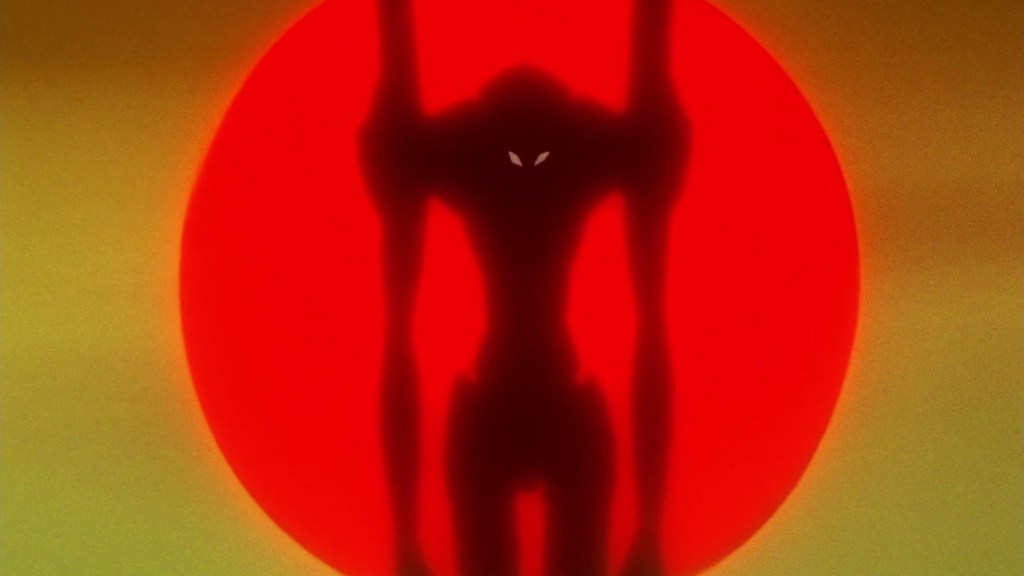
Part post-apocalyptic mecha series, part psychological labyrinth — Evangelion is not so much about giant robots as it is about the human condition. Hideaki Anno used the genre to explore depression, trauma, and existential dread, deconstructing the very archetypes his show seemed to celebrate. Its fractured characters mirror human fragility more honestly than most live-action dramas. Many found it disturbing or confusing, but that’s precisely its power: Evangelion refuses to comfort. It demands self-confrontation. It became a classic because it dared to be emotionally messy and intellectually brave when most anime were still chasing straightforward heroism.
6. Cowboy Bebop (1998)
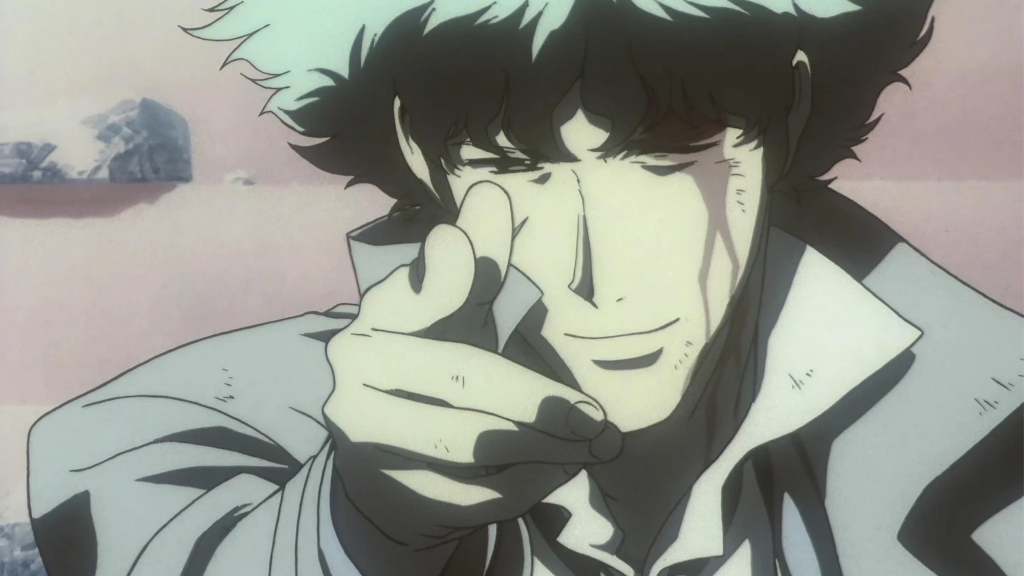
Cool, melancholic, and effortlessly stylish, Cowboy Bebop turned space bounty hunters into jazz-driven philosophers. Shinichirō Watanabe fused genres — noir, western, sci-fi — and Yoko Kanno’s jazz soundtrack became almost a character of its own. Beneath the slick fight scenes, though, lies an elegy for lost dreams. Spike Spiegel’s apathy, Jet’s regret, and Faye’s loneliness feel like notes in the same fading song. Its innovation wasn’t just aesthetic — it proved anime could have the tone and cool of a Western arthouse film. It’s a classic because it’s universal: a story about drifting souls searching for meaning in the vacuum of space and memory.
5. Akira (1988)
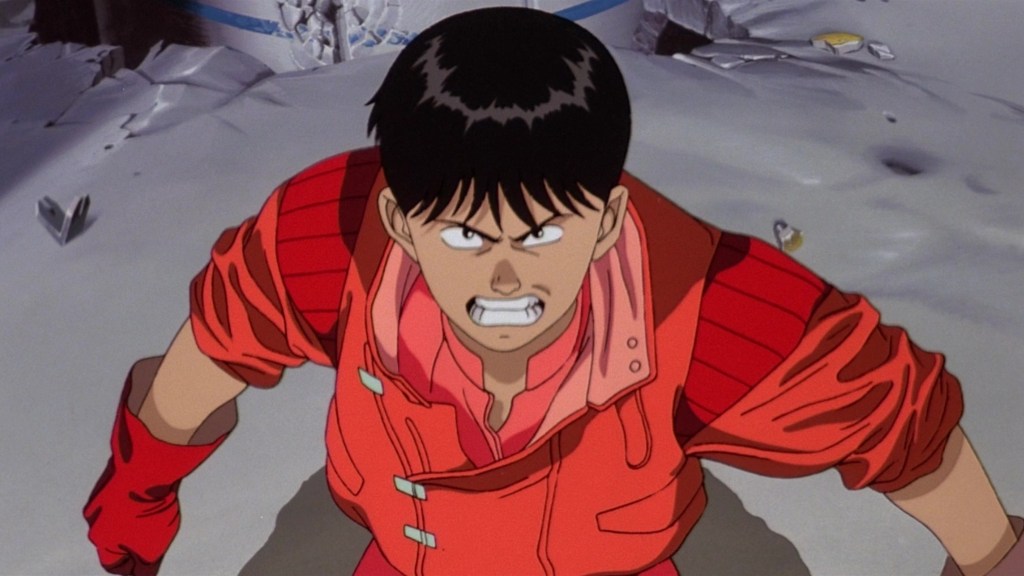
If animation had a detonation point, it was Akira. Katsuhiro Otomo’s cyberpunk masterpiece exploded expectations for what anime could do — visually, politically, philosophically. Set in a post-nuclear Neo-Tokyo, the film’s kinetic animation still shames most modern productions. But beneath the spectacle lies a parable about power, corruption, and the uncontrollable hunger in the human heart. Akira spoke to the anxieties of a rapidly modernizing Japan — and by extension, the world’s own fear of technological apocalypse. It’s a classic because it redefined the medium’s potential: animated art could be gritty, mature, and uncomfortably prophetic.
4. Dragon Ball Z (1989–1996)
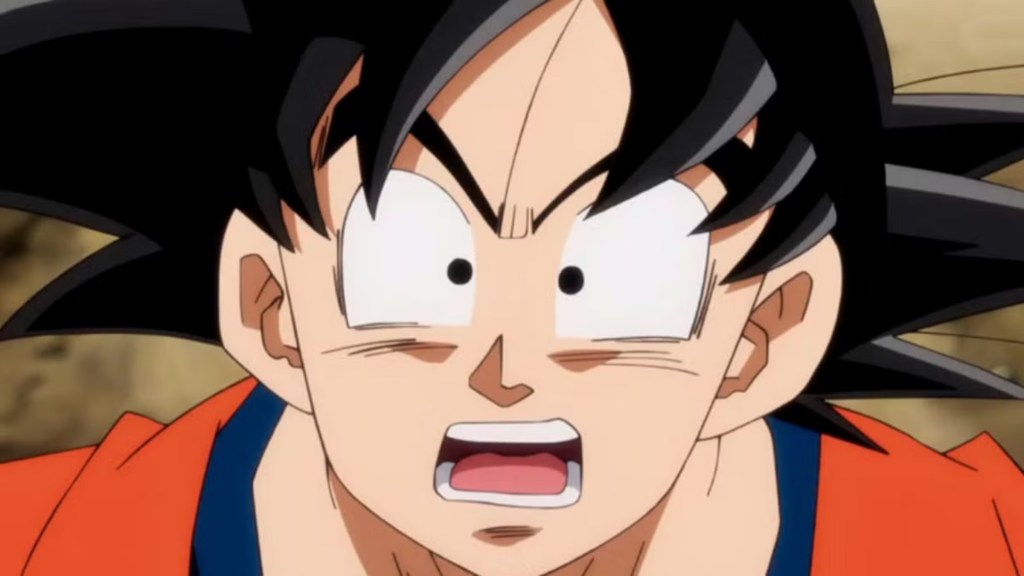
You can’t talk about anime’s global reach without bowing to Dragon Ball Z. Akira Toriyama’s saga may seem like endless screaming and power-ups, but it distilled the essence of shōnen storytelling — growth through struggle, friendship forged in battle, the unending pursuit of betterment. It hit a primal note in kids around the world: that raw will can transcend limits. Some dismiss its formulaic arcs, but it built the very formula that countless successors now follow. Its operatic battles and mythological scale made it the gateway drug to anime for millions. A classic for its cultural gravity, not its subtlety.
3. My Neighbor Totoro (1988)

If Akira is urban chaos, Totoro is pastoral peace. Hayao Miyazaki created more than a film; he built a gentle myth. Through the eyes of two sisters discovering forest spirits while their mother is ill, the film captures childhood’s quiet awe — that magical balance between fear and wonder. In an industry obsessed with spectacle, Totoro slowed time. It’s a classic because it reminds us that fantasy doesn’t have to shout to be profound. Its legacy endures not through complexity, but through serenity.
2. Death Note (2006)
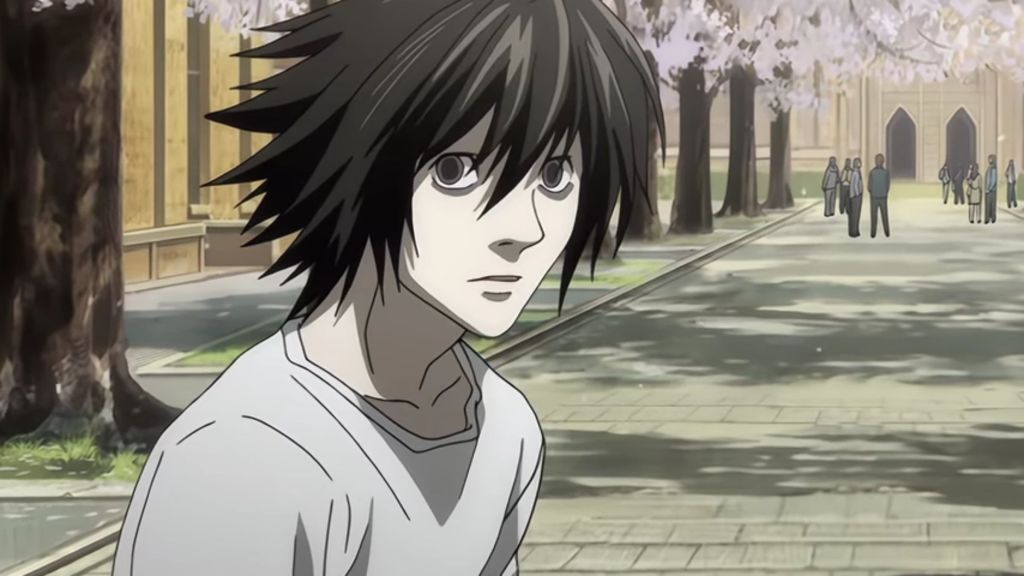
What if you could kill anyone by writing their name? Death Note turns that simple premise into a moral chessboard. Light Yagami’s descent from idealistic genius to god-complex tyrant mirrors our own seduction by control. L and Light’s cat-and-mouse duel is Shakespearean in tension — not a fight of fists, but of intellect and ideology. Some criticize its later arcs, but its first half remains one of anime’s most taut thrillers. It’s a classic because it weaponizes thought: a battle not of strength, but belief. It exposed anime’s capacity for cerebral, ethical drama.
1. Fullmetal Alchemist: Brotherhood (2009)
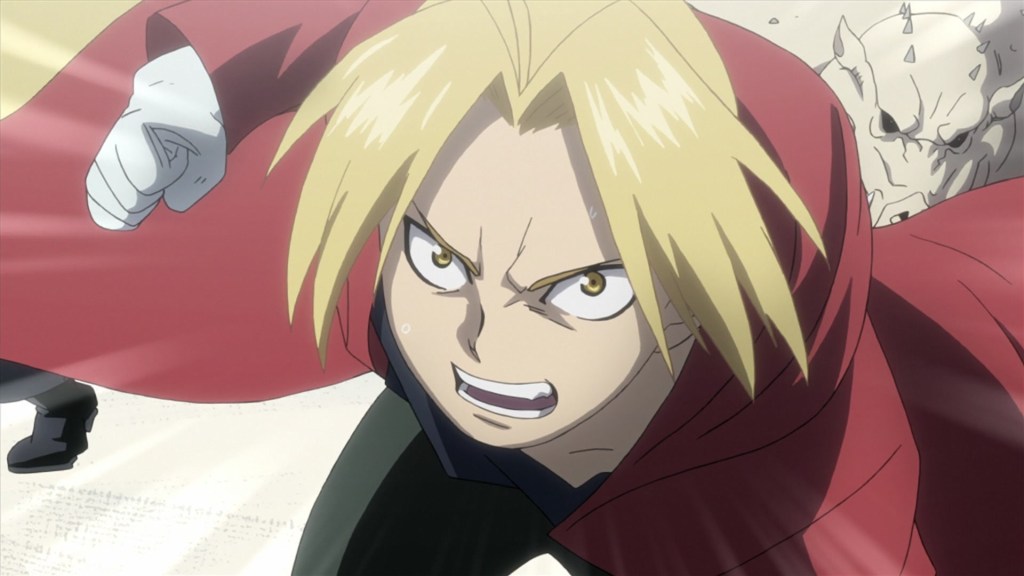
If any series deserves to be called complete, it’s Brotherhood. This is storytelling at equilibrium: heart, humor, philosophy, and world-building in rare harmony. The Elric brothers’ quest to restore their bodies becomes a sprawling metaphor for the cost of human desire — to play god, to fix what can’t be fixed. The series balances alchemical laws with emotional laws: every act has a price. What sets it apart isn’t just its coherence, but its compassion. It’s epic without ego, tragic without despair. A classic because it embodies anime’s highest promise — moral depth within adventure.
What do you think? Leave a comment below and join the conversation now in the ComicBook Forum!









